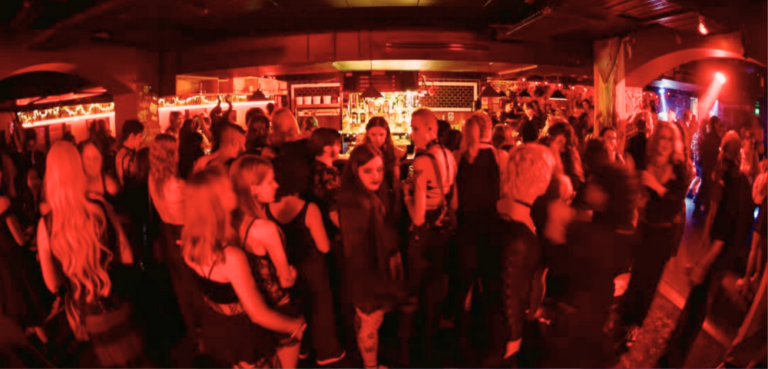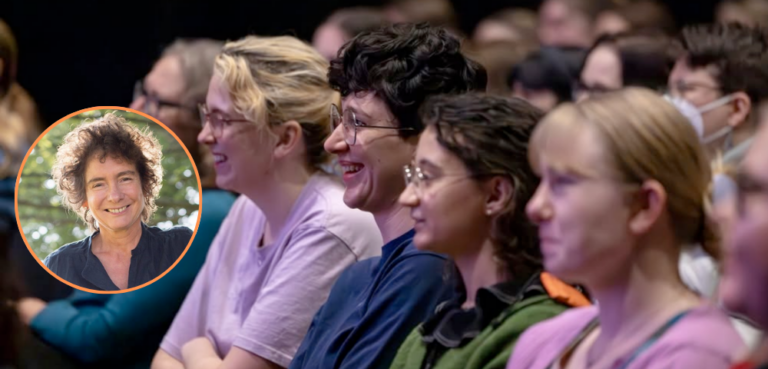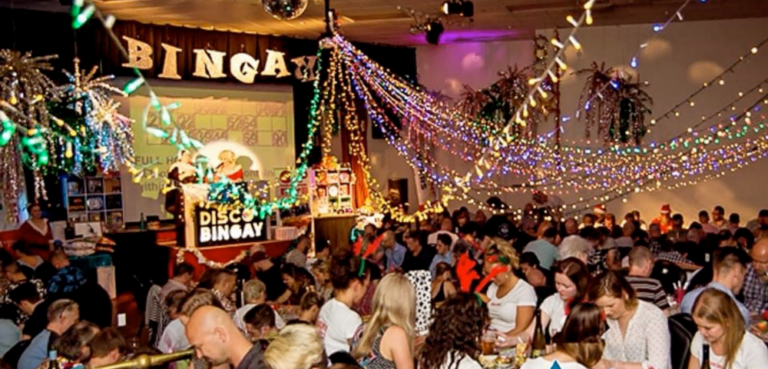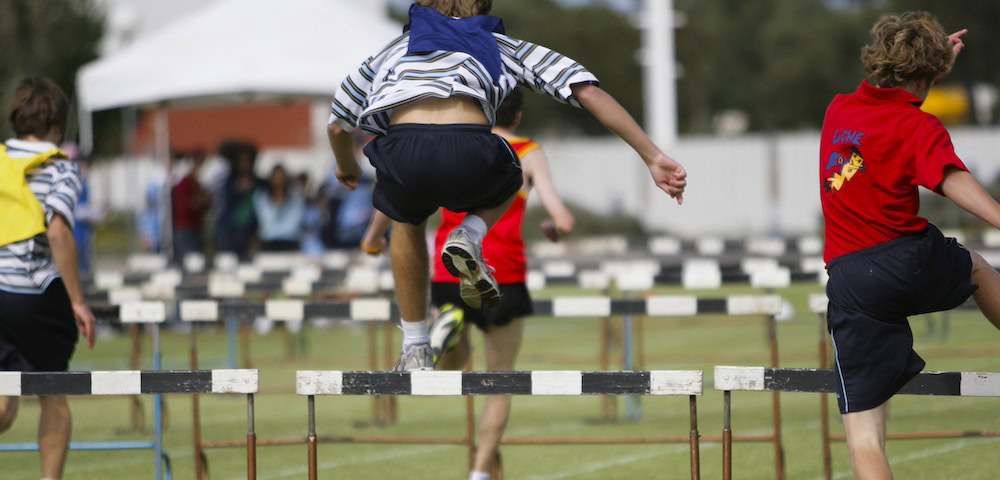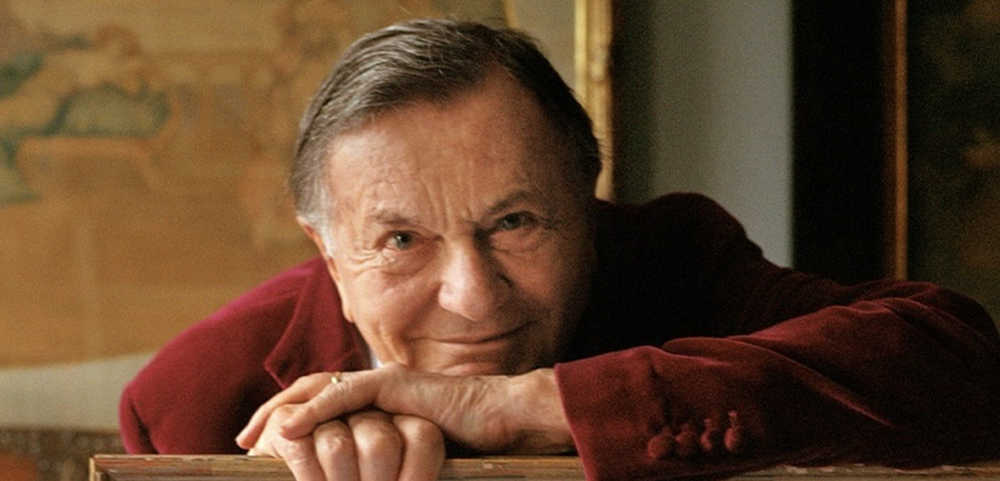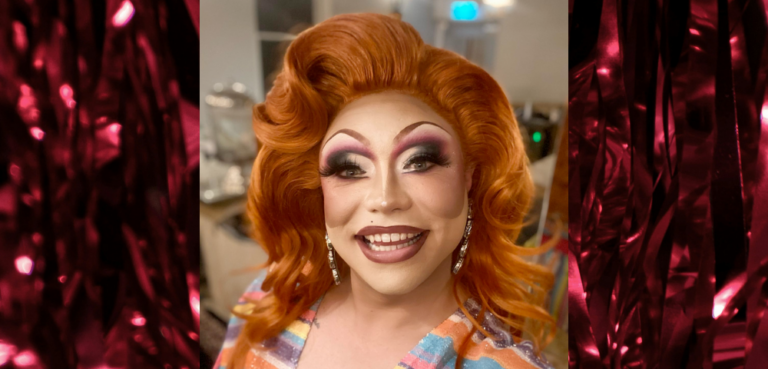
Asylum Seeker Attempts Suicide
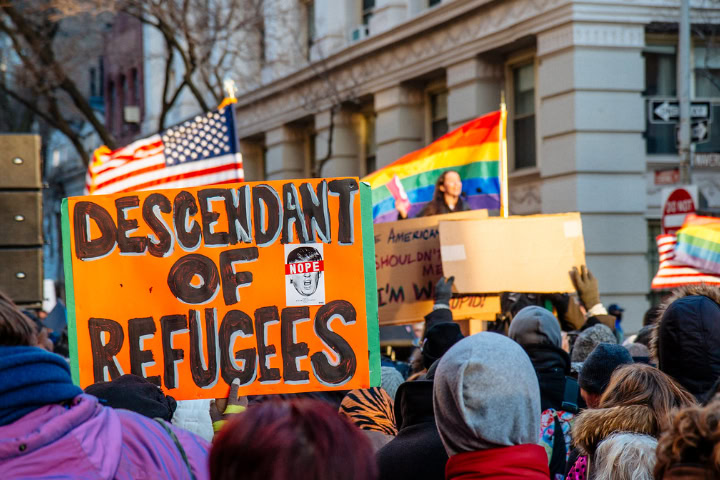
Reports of an LGBTQI asylum seeker in Australia attempting suicide on July 19, 2020 led to much concern in the community. The incident came to light in a post on social media by the founders of Forcibly Displaced People Network (FDPN), that highlighted the challenges LGBTQI refugees in the country continue to face.
This week marked 40 days since Sarah Hegazy took her own life. At the beginning of this week in #Australia one #LGBTIQ person seeking asylum made an attempt to take their own life. we need support to create home for LGBTIQ folks #refugees https://t.co/FYrCGwe8tp
— R.Dixson (@Renee_Dixson) July 25, 2020
The incident comes over a month after 30-year-old Egyptian LGBTQI activist Sarah Hegazi died by suicide in Canada. Renee Dixson, researcher and co-founder of the Forcibly Displaced People Network – an advocacy group for LGBTQI refugees in Australia, told Star Observer that it was not an isolated case and in the recent past there were two other similar attempts.
In the present case the person was on a bridging visa. “The person was separated from their family and had no way to connect with them. Despite missing their family they still worry that the disclosure of their sexuality would result in significant harm,” said Dixson.
The mental health unit visited the person three days after their release from hospital. “The response of the mental health unit was not adequate. They suggested that a more active social life, doing activities that they like, being busy, and more frequent visits to a refugee service would help. The person’s sexuality was not taken into account,” said Dixson.
The FDPN raised concerns about how the case was managed with no attempt to inquire if the person felt safe in a refugee service among other non-LGBTQI refugees or about their financial situation. No effort was made to refer the person to a community-based organisation, the organisation said.
According to FDPN, the uncertainty about their visa is just one of the battles that LGBTQI refugees have to wage. Employers not wanting to employ someone who doesn’t have a permanent resident visa or an easy-to-pronounce name, exploitation by employers who pay less than minimum wages are some of the other issues. The COVID-19 pandemic has further aggravated the stress and pressure on many people.
A survey carried out by FDPN in March 2020 at the start of the pandemic revealed that finding a new job or holding on to an existing casual employment was one of the top issues faced by many LGBTQI refugees. With no access to Medicare, health care needs were not addressed, some did not have phone credit to access services that had moved online and there was no money for travel or essential services.
“LGBTQI refugees find themselves in very precarious situations, facing persistent homophobia and transphobia and not being able to rely on their families or ethnic communities for support. These groups often are the first to persecute them for their sexual orientation and/or gender identity,” said Dixson. For many, they also do not feel a sense of belonging in the local LGBTQI communities, furthering the feeling of isolation.
FDPN raised around $8,000 to support some of the most vulnerable refugees, but Dixson said that it was more of a “band-aid solution” as the organisation is not able to raise adequate funding to provide the necessary services.
“We need better support for LGBTQI refugee-led work and community organisations to make sure that they are reaching out and helping LGBTQI forcibly displaced people to feel like they are finally home,” added Dixson.
FDPN is currently looking for LGBTQI persons who have experienced forced displacement (people seeking asylum, refugees and migrants from non-western countries) who are currently living in Australia or Asia Pacific region to join its advisory group.
If you feel distressed reading the story, you can reach out to support services.
For 24 hour crisis support and suicide prevention call Lifeline on 13 11 14
For Australia-wide LGBTQI peer support call QLife on 1800 184 527 or webchat.
